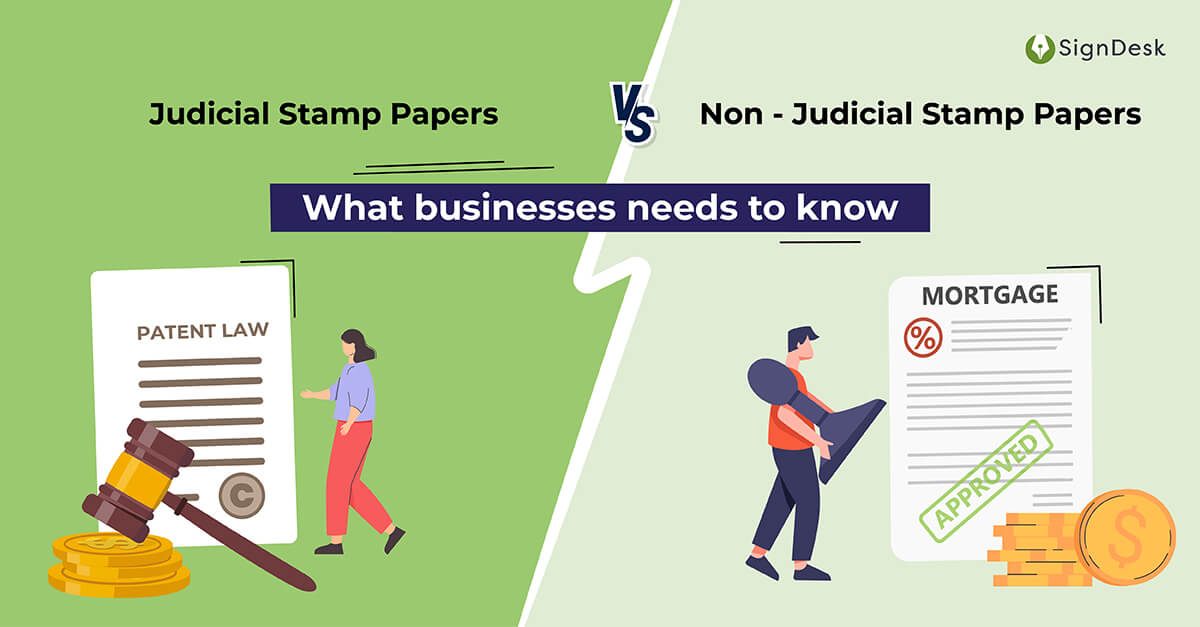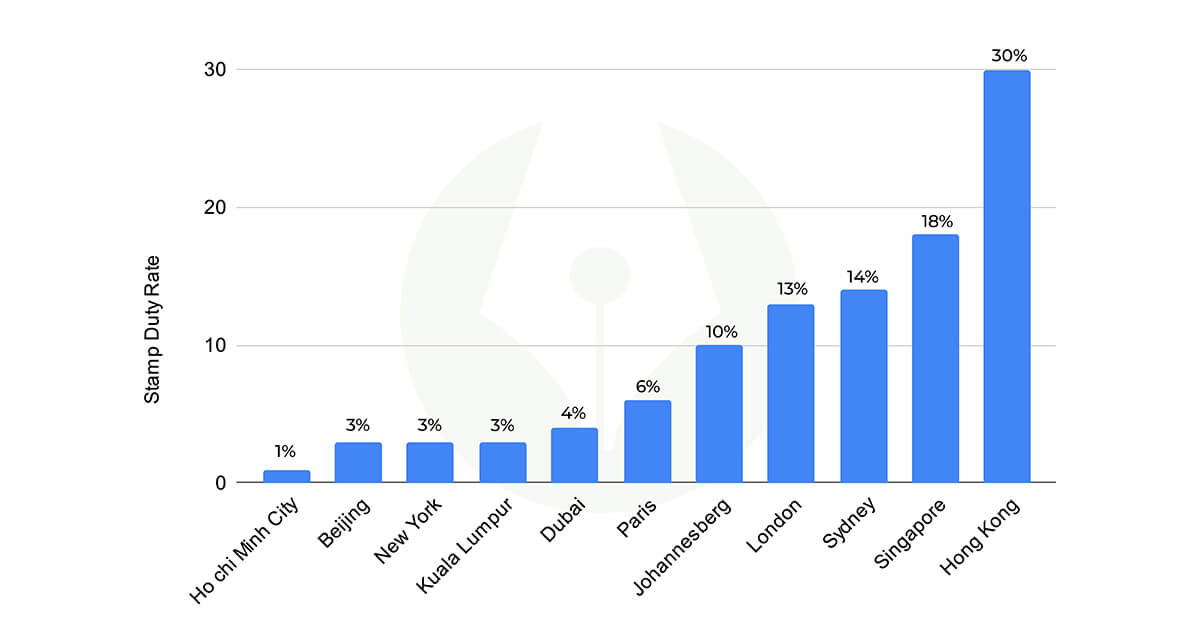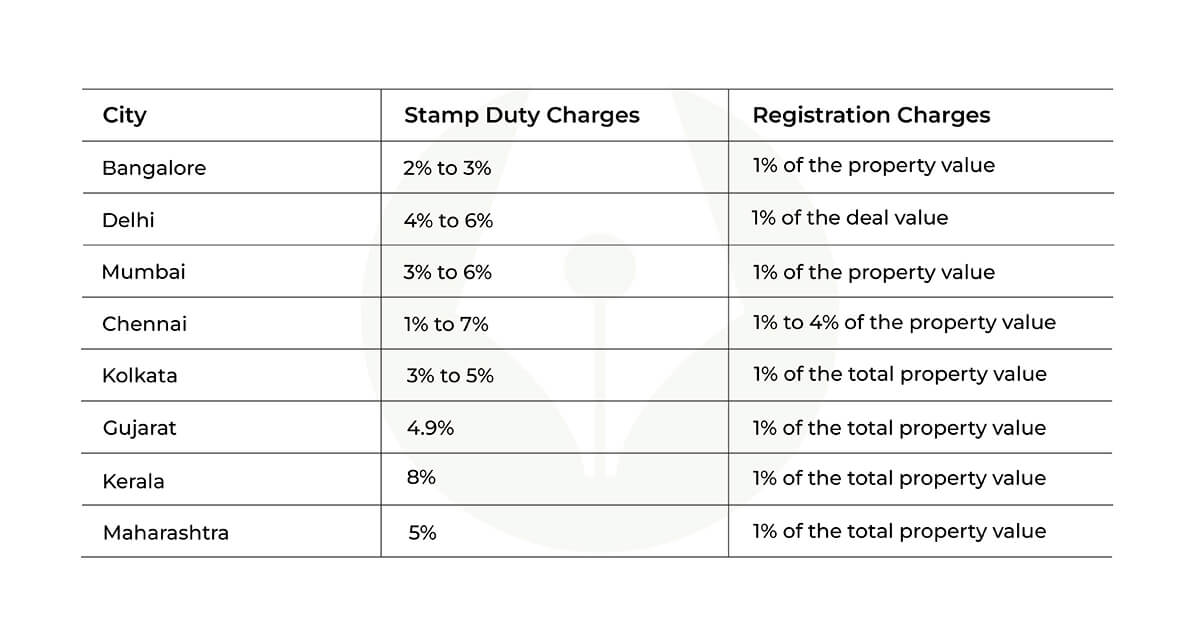Judicial Stamp Paper vs Non-Judicial Stamp Paper

A stamp paper is an A4 (foolscap) sheet of paper that has a revenue stamp printed well before on it, similar to the one seen on paper currency or postal stamps whereas, in the case of digital stamping, it doesn’t require printing. Like digital stamping, these stamp papers are often issued by the government and have denominations.
The stamped paper has traditionally been used to pay revenue on documentation that requires stamping, such as leases, agreements, receipts, court documents, and many more. Aside from the pre-printed stamp, the papers are acquired blank and are available through stationers, attorneys’ offices, post offices, and courts in accordance with local requirements.
Recently, digital stamping has emerged as a cost-effective & efficient alternative to stamped paper, mainly for non-judicial & commercial purposes for which stamped paper is traditionally used.
Reports suggest that in 2018 while purchasing property in Hong Kong in 2018, overseas purchasers were required to pay a 30 percent stamp duty. In New York, however, the stamp duty rate for overseas buyers was only 3%.

Stamp Duty in India
The stamp duty will be charged if they transfer the title of their property to another individual. The state government charges this cost for the documentation required to register the property. Stamp duty and registration fees vary from state to state. When registering a property, one must pay stamp duty as required by Section 3 of the Indian Stamp Act, 1899.
The stamp duty varies from state to state in India. It can be seen from the following table:

Stamp Paper: Objectives and Purposes
Despite the fact that every stamp paper has a monetary value, it cannot be considered as a negotiable instrument or traded like cash notes.
Stamp papers are used to:
- Attest to the legitimacy of formal agreements
- Lease Agreements
- Buying and Selling of Property
- Business / Contract Agreements
- Loan Agreements / Financial Deals
- Power of Attorney, Affidavits, Articles of Association, Memorandum of Association
- Indemnity Bond, Declaration, Mortgage, and Gift Deeds, among others, are executed on stamp papers to make them legitimate and legally enforceable.
Judicial and Non-Judicial Stamp Paper: The Differences Within
Bindingness and judicial approval are required for any agreement to exist in a democratic nation, and for this reason, the arrangements inside an agreement between the parties are written/typed on a piece of paper having a definite legal value expressly sanctioned by the state for the purpose.
There are primarily two types of stamp paper.
- Judicial stamp papers; that refers to the legal and court activity
- Non-judicial stamp papers; refers to the registration of different papers, insurance plans, and so on.
Judicial Stamp Paper: The Legal Framework
Judicial stamp papers are often referred to as court fee stamp papers. To eliminate cash transactions, judicial stamp papers are used to pay court fees in the court. The lawsuit may not be allowed until court expenses are paid.
When a person files a civil plaint or a complaint under the Negotiable Instruments Act, he or she must now pay court fees that are commensurate to the amount of the claim.
The staffers cannot be trusted with money worth up to INR 3 lakhs. To prevent this monetary transaction, judicial stamp papers with the case number, names of the parties, and signatures of the advocates are created and appended to the conclusion of the plaint. Implementing CLM software can further streamline this process by ensuring the accurate generation and management of these judicial stamp papers.
The court charge varies depending on the nature of litigation; Section 7 of the Court Fee Act of 1870 allows for the computation of fees in various issues. The variations are as follows:
- For money – In financial claims (particularly actions for losses or reimbursement, or arrears of maintenance, or annuities, or other sums due on a regular basis) – as per amount sought;
- For support and other procedures – In cases for sustenance or other payments that are payable on a regular basis, it is based on the worth of the subject matter of the suit, where such value is anticipated to be about ten times the amount claimed to be payable for the following one year;
- For any other movable property with a monetary worth – In actions for movable property other than money, if the subject matter has a market value — according to a certain value at the time the plaint is presented;
Therefore, preparations and entries regarding the administration of justice are carried out on Judicial Stamp Papers, and duty in the form of court fees is levied on them. A magistrate will not use non-judicial stamp paper for the judicial processes, such as drafting orders and decisions, and will not accept pleas written on such documents.
Non-Judicial Stamp Paper: Beyond Legality
The Non-Judicial Stamp Papers are used to carry out any non-judicial commercial arrangements between parties. For instance, all kinds of property transfer agreements, leasing agreements, affidavits, and so forth.
The state will impose a predetermined amount of stamp duty on each transaction. Each state will have its own stamp duty system. Non-judicial stamp duty is one of the most important sources of revenue for states.
As an example, consider the following instances of Stamp Duty:
- INR 50/- for Affidavits
- INR 100 for General Power of Attorney,
- 5% of the amount secured, and a minimum of Rs 200 for Indemnity Bond/Guarantee Bond,
- 2% of the market value for leases less than one year.
India and Stamp Duty: The Origins
In April 2008, though the technology had been deployed on a trial basis in eight other cities in Gujarat, Maharashtra, and Karnataka, Delhi became the first state to switch to e-stamping of documents.
The new approach, however, was not applied to court stamp paper used in sworn affidavits and other papers that do not involve the sale of real estate.
A newspaper report from 2008 quoted, “The e-stamping technique also claims to protect against the potential of counterfeit or forged stamp paper. Each tamper-resistant certificate is labeled with a unique identifying number (UIN).”
Odisha, Haryana, Gujarat, Karnataka, NCR Delhi, Bihar, Assam, Tamil Nadu, Rajasthan, Himachal Pradesh, Andhra Pradesh, Uttarakhand, and the union territories of Dadra & Nagar Haveli, Daman & Diu Puducherry, Jharkhand, and Uttar Pradesh, West Bengal, and Chhattisgarh are now functional as far as eStamping is concerned.
Although in 2021, it was reported that the introduction of e-stamping for values less than INR 1 lakh, for both registrable and non-registrable documents, has been halted by the state administration of the Indian state Kerala.
To ease the pressure, it has been advised that the businesses can procure Digital Stamp Papers through a provider like SignDesk and merge documents with Stamp Paper to make them legally valid and admissible in the court of law. If the need for a signature on the document arises, signers can simply be invited to eSign documents online.
The advent of e-stamps has made stamp duty payments more convenient, the reasons are as follows:
- The e-stamp certificate may be created in a matter of minutes using e-stamping.
- The e-stamp certificate is unchangeable and contains a unique identifying number (UIN).
- The authenticity of the e-stamp certificate can be checked using the enquiry module.
- A precise denomination is not required for e-stamping.
The entire stamping & signing process can be completed within 5-10 minutes. This reduces delays in paperwork, making documentation workflows simple and convenient.
India’s Premier Digital Stamping Solution
SignDesk, India’s leading document automation service provider, offers a Digital Stamping solution as well as an eSign process solution and CLM Software for businesses to go paper-free. Leveraging these solutions has enabled client businesses to reduce their paperwork turnaround time to mere minutes.
Industries such as FMCG rely heavily on vendor services and have a strong demand for contractual arrangements of vendors. SignDesk’s Digital Stamping and eSign, form builder enable contract execution within a day, even with multiple parties involved.
Stamp Duty on loan agreements can be paid online through stamp.it, and these agreements can be signed in bulk using SignDesk’s Digital Signature Certificate (DSC) signatures. Clients can also receive an online request to eSign documents whenever they require a signature.
HR departments must sign documents like reference consents, enrollment forms, letters, and termination orders. Stamp.it can enhance the Human Resource Department’s overall efficiency by enabling online signatures and stamp duty payments.